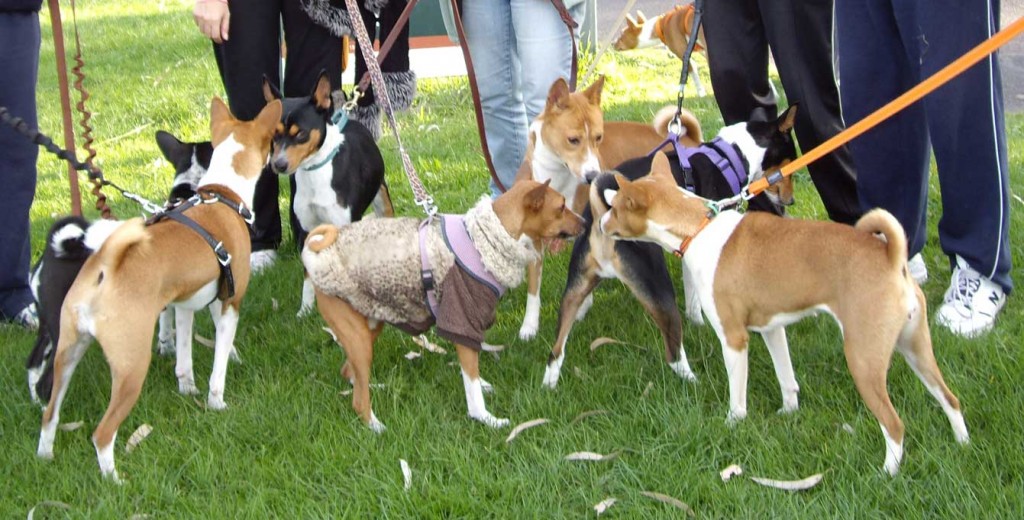Responsible dog ownership……………….everyone’s responsibility.
Responsible dog ownership can be a rewarding experience for the entire family. They make wonderful companions and provide you and your children with unconditional love. The relationship is free of bias, and provides an ideal environment to nurture your child’s/family’s self-esteem. Dogs teach us to establish a daily exercise routine, develop friendships, a sense of care, well-being and responsibility. As a responsible dog owner there are a number of things to remember including protecting the welfare of dog and preventing nuisance behaviour towards the community.
- New Legislation as at the 1st of July 2012 requires all dogs must be registered and micro-chipped from 3 months of age. Refer to The Department of Primary Industries
- Socialisation means getting your dog used to behaving well when he/she is around other people and animals, and in different places. It is particularly important to socialise puppies. The more situations your puppy is exposed to, and has positive experiences with, the better behaved and more confident he/she will be as an adult. Puppy classes are available at most veterinary clinics.
- Train your dog to ensure he/she is a good canine citizen and to stop him/her getting bored. Training means you have full control over your dog both at home and in the community. Training may also prevent or treat behavioural problems and will ensure a happy and content dog that is eager to please.
- Exercise your dog at least 20-30 minutes per day to maintain a healthy balance, both physically and mentally.
- Provide suitable shelter for your canine companion in all inclement weather.
- Provide fresh water and an adequate balanced diet daily. Do not feed cooked bones to your dog, these can splinter and cause injury.
- Visit your local veterinarian for: annual vaccinations; worming including heartworm; flea and tick control; regular health checks and for injuries or illness. Also, if you are not going to breed from your dog, have him/her spayed or neutered. There are many benefits for spaying/neutering such as improved behaviour and they are less likely to roam.
- Traveling – It is recommended that your dog travels in the back seat or open cargo area of your vehicle and is either crated or confined using an approved canine restraint to prevent ‘doggie’ missiles. Unrestrained dogs can cause accidents and should never be allowed in the vicinity of the driver. In the case of an accident, your canine companion may become a projectile which can damage itself and/or the occupants of your vehicle if unrestrained. When traveling a long journey, carry water, food and a leash and stop at regular intervals to exercise and toilet break your dog.
- Never leave your dog in the car during the warmer months of the year as the interior of your vehicle can heat up very quickly causing heat stress, exhaustion and potential death. Even on a cooler day a window should be kept down so the dog can breathe fresh air. Please note: on a 17 degree day, with the suns UV rays, with all the windows down 100mm your canine companion over a 20 minute period will dehydrate and could possibly die. If possible always park your vehicle in the shade and leave your dog with water.
- Council’s require dog owners to remove and dispose of their dog’s faeces when in public places. You can be fined for not complying. keep your dog on a lead when walking it, except in allocated off lead parks.
- Keep your dog confined to your property at other times. Ensure your entire property is fully fenced, Basenji proof. Basenjis are great escapees.

